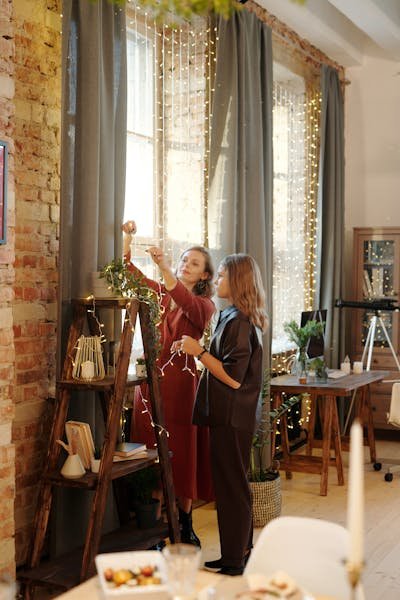
Are you curious about how real people are finding balance in a tech-saturated world? Whether you’re new to unplugging or already experimenting with digital wellness, hearing authentic stories can inspire your next move.
In this post, we’re sharing true stories from readers just like you—what habits made the biggest impact, which ones failed, and how they’ve navigated the ups and downs of unplugging from devices
💬 Why Real Stories Matter in Digital Wellness
While tips and hacks are everywhere, personal experience cuts through the noise. Learning what actually helped others stick to their unplugged routines can:
- Spark ideas for your own journey
- Normalize setbacks
- Motivate you to stay consistent
- Help you avoid common mistakes
Let’s dive into what’s really working—and what’s not—for our unplugged community.
✅ What Worked for Our Readers
1. Screen-Free Mornings Changed Everything
“Leaving my phone outside the bedroom helped me reclaim my mornings. Now, I stretch, journal, and sip tea before checking messages—and I’m calmer all day.”
— Emily, 37, Colorado
Why It Works: Mornings are prime time for clarity and focus. Reducing screen input upon waking helps regulate cortisol, improves mood, and boosts productivity.
2. Tech-Free Zones Built Real Family Connection
“We made the dining table a no-phone zone. At first, the kids complained, but now they open up more during dinner.”
— Jason, 44, Oregon
Why It Works: Creating physical spaces free of devices helps everyone reset and reconnect—especially during meals or before bed.
3. Analog Alternatives Helped Replace Scroll Time
“I carry a small sketchbook instead of my phone. When I’m bored, I doodle instead of doomscrolling.”
— Priya, 29, New York
Why It Works: Replacing phone time with tactile, creative habits satisfies the need for stimulation—without draining your mental energy.
❌ What Didn’t Work (And Why)
1. Cold Turkey Digital Detox Backfired
“I tried deleting all my social media overnight. I felt lost, anxious, and ended up binge-scrolling after 3 days.”
— Mike, 31, Illinois
Lesson Learned: Going too extreme without a plan can backfire. Gradual, sustainable shifts are usually more effective than full detoxes.
2. Using ‘Wellness’ Apps Too Much Defeated the Purpose
“I downloaded five mindfulness apps—but I kept switching between them. I realized I was just creating new screen habits.”
— Dana, 42, California
Lesson Learned: Minimalism matters. One or two intentionally chosen tools are better than overwhelming yourself with options.
3. Trying to Get the Whole Family On Board Too Fast
“I expected my teens to instantly love screen-free Sundays. They resisted—and it created conflict.”
— Rachel, 39, Texas
Lesson Learned: Lead by example. Start with yourself, and gently invite others in. Unplugging is personal—it needs to feel empowering, not forced.
🌟 Reader Tips That Really Helped
- “I charge my phone outside my bedroom. That one change helped me sleep better and unplug at night.”
- “Sundays are ‘silent mode days’—I check messages only twice.”
- “I use an actual alarm clock. No more morning scroll traps!”
These small shifts created big changes in mental clarity, relationships, and stress levels.
🧠 Final Thoughts: There’s No Perfect Way to Unplug
Your unplugged routine doesn’t need to look like anyone else’s. What worked for one reader might not work for you—and that’s okay. The point is to keep testing, adjusting, and learning what aligns with your values and goals.
Whether you’re building screen-free mornings or reducing digital clutter at night, real progress comes from consistent, flexible effort.
💬 Share Your Story
Have you tried creating your own unplugged routine? What worked—or didn’t—for you?
👉 Leave a comment or email us to be featured in our next post!